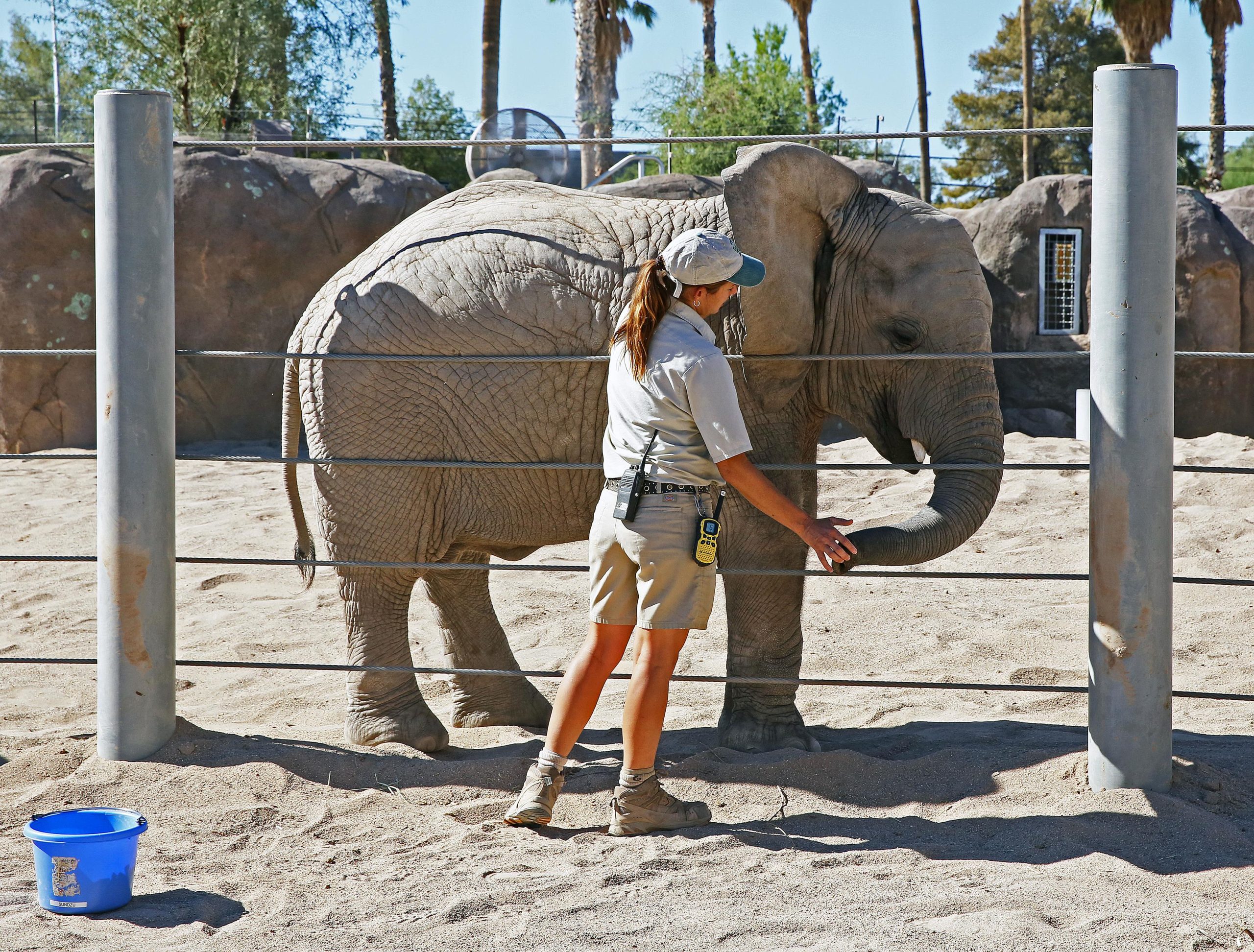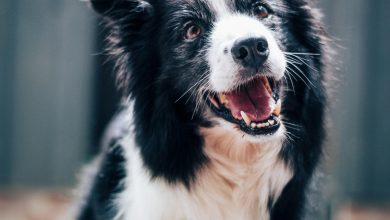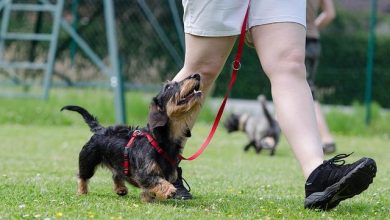Positive Reinforcement Training: How to Use Praise Effectively

In the world of communication, few tools are as powerful as praise. Like a gentle breeze guiding a sailboat, the right words of encouragement can steer behavior in desired directions, making it an indispensable element in the realm of positive reinforcement training. This approach, rooted in the psychology of learning, capitalizes on the natural human and animal inclination to repeat actions that yield rewarding outcomes. In this article, we delve into the art and science of using praise effectively, exploring how it can transform not only our interactions with pets and children but also our relationships in workplaces and communities. Join us as we uncover the secrets to harnessing the power of positive reinforcement, turning simple affirmations into the cornerstone of growth and understanding.
Understanding the Science Behind Praise
At its core, praise taps into the neurological pathways that drive behavior. When a person or animal receives positive feedback, their brain releases a burst of timing-matters-in-positive-reinforcement-dog-training/” title=”Why Timing Matters in Positive Reinforcement Dog Training”>dopamine, a neurotransmitter associated with pleasure and reward. This natural high reinforces the behavior that elicited the praise, making it more likely to be repeated. Understanding this process can significantly enhance the effectiveness of training techniques. By timing your praise to coincide precisely with the desired behavior, you can effectively ‘capture’ the moment and link it to positive feelings, thus embedding the behavior more deeply in the brain’s reward system.
To harness the power of praise effectively, consider the following strategies:
- Specificity: Be clear about what action you are praising. Instead of a generic “good job,” specify what was done well, such as “great job sitting quietly.”
- Consistency: Consistent praise helps establish a clear connection between the behavior and the reward. This consistency builds a reliable pattern that the brain can recognize and replicate.
- Timing: Immediate feedback is crucial. The closer the praise follows the desired action, the stronger the association will be.
Implementing these techniques not only makes praise more effective but also builds a stronger, more trusting relationship between the trainer and the trainee, whether human or animal.

Crafting the Perfect Praise Statement
Creating an impactful praise statement is both an art and a science. It’s about being specific and genuine, ensuring your words resonate with the person receiving them. Here are some key elements to consider:
- Specificity: Instead of saying “Good job,” try “I really appreciate how you organized the presentation slides; it made everything so clear and engaging.”
- Timeliness: Offer praise as soon as possible after the positive behavior. Immediate feedback reinforces the action and makes it more likely to be repeated.
- Authenticity: Be sincere in your praise. Authentic words carry weight and foster trust, whereas hollow compliments can feel dismissive or manipulative.
- Focus on Effort and Improvement: Highlight the effort or progress made, such as “Your dedication to improving your skills has truly paid off in this project.”
By weaving these elements into your praise statements, you create a more motivating and affirming environment, encouraging continued positive behavior and growth.

Timing is Everything: When to Offer Praise
Understanding the nuances of timing when offering praise can dramatically enhance its effectiveness in positive reinforcement training. The key lies in delivering praise at the precise moment the desired behavior occurs, reinforcing the connection between the action and the positive feedback. This immediate recognition not only solidifies the behavior but also encourages its repetition.
- Immediate Response: Offer praise as soon as the desired action is completed. This helps in creating a strong association between the behavior and the reward.
- Consistency: Ensure that the praise is consistent every time the desired behavior is exhibited. This consistency reinforces the learning process.
- Contextual Awareness: Be mindful of the environment and situation. Offering praise in a calm and focused setting can amplify its impact.
By aligning the timing of your praise with these principles, you can transform a simple acknowledgment into a powerful tool for behavior modification.
Balancing Praise with Constructive Feedback
In the realm of positive reinforcement training, striking a harmonious balance between praise and constructive feedback is essential for fostering growth and motivation. While praise can be a powerful tool for reinforcing desired behaviors, it must be used judiciously to avoid diluting its impact. To achieve this balance, consider the following strategies:
- Be Specific: Instead of offering generic praise, highlight specific actions or qualities. For example, instead of saying “Good job,” try “I really appreciated how you handled the situation with patience.”
- Timeliness is Key: Deliver praise and feedback as close to the event as possible to ensure the recipient connects the behavior with the reinforcement.
- Balance with Constructive Feedback: Ensure that praise is accompanied by feedback that guides improvement. This can be achieved through the “praise sandwich” technique—starting with a positive comment, followed by constructive feedback, and concluding with another positive note.
- Encourage Self-Reflection: Ask questions that prompt individuals to reflect on their performance and identify areas for improvement, fostering a sense of ownership and growth.
By thoughtfully integrating these methods, praise becomes more than just a pat on the back—it transforms into a dynamic tool for personal and professional development.
In Retrospect
As we close the chapter on the art of positive reinforcement training, it’s clear that the language of praise holds transformative power. By weaving encouragement into the fabric of our interactions, we cultivate a tapestry of trust and growth, where each thread of acknowledgment strengthens the bond between trainer and learner. Whether you’re guiding a child, a pet, or even yourself, remember that the gentle nudge of a kind word can illuminate the path to progress. So, as you step forward, let your praises ring true and vibrant, for in their echo lies the promise of a brighter, more understanding world.



